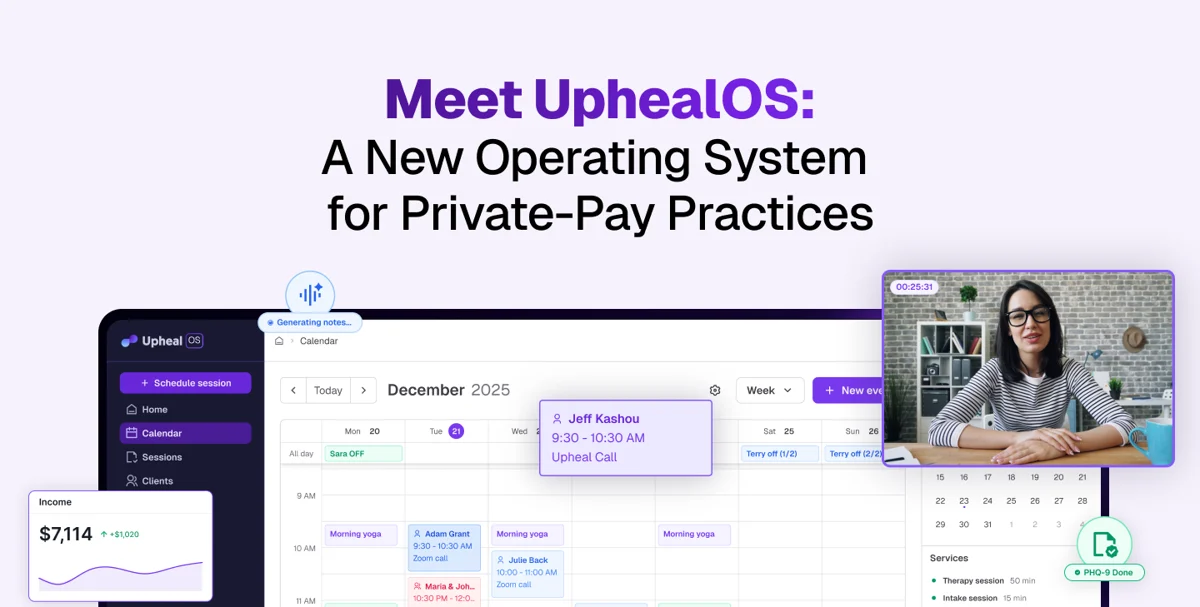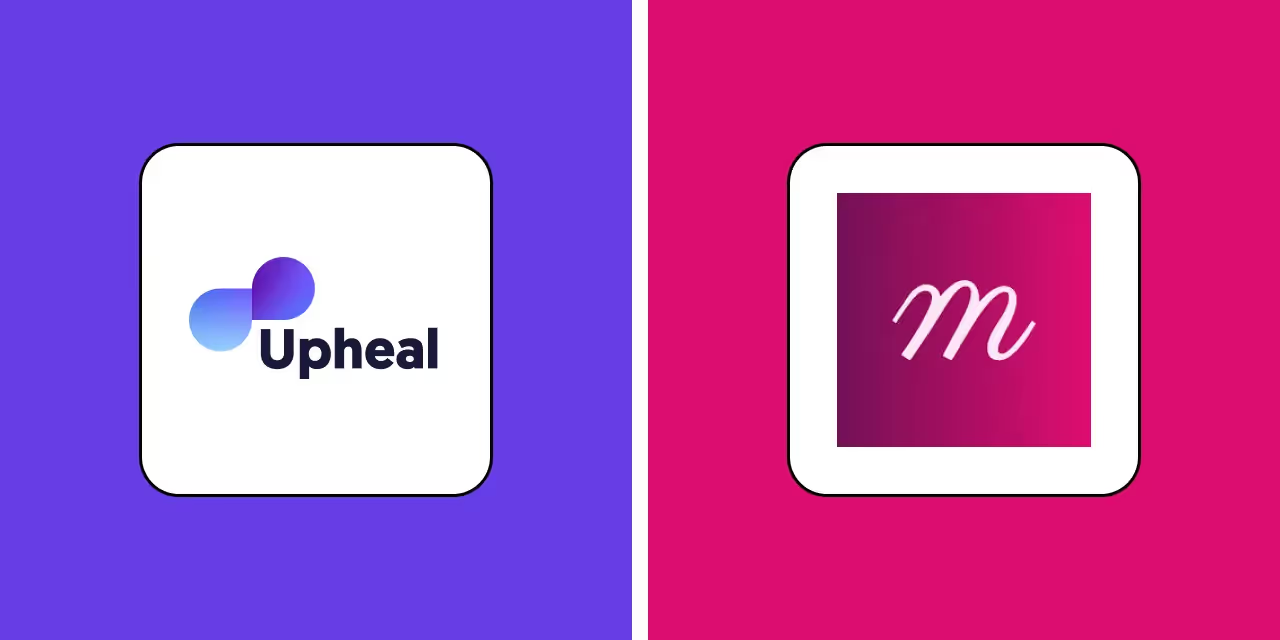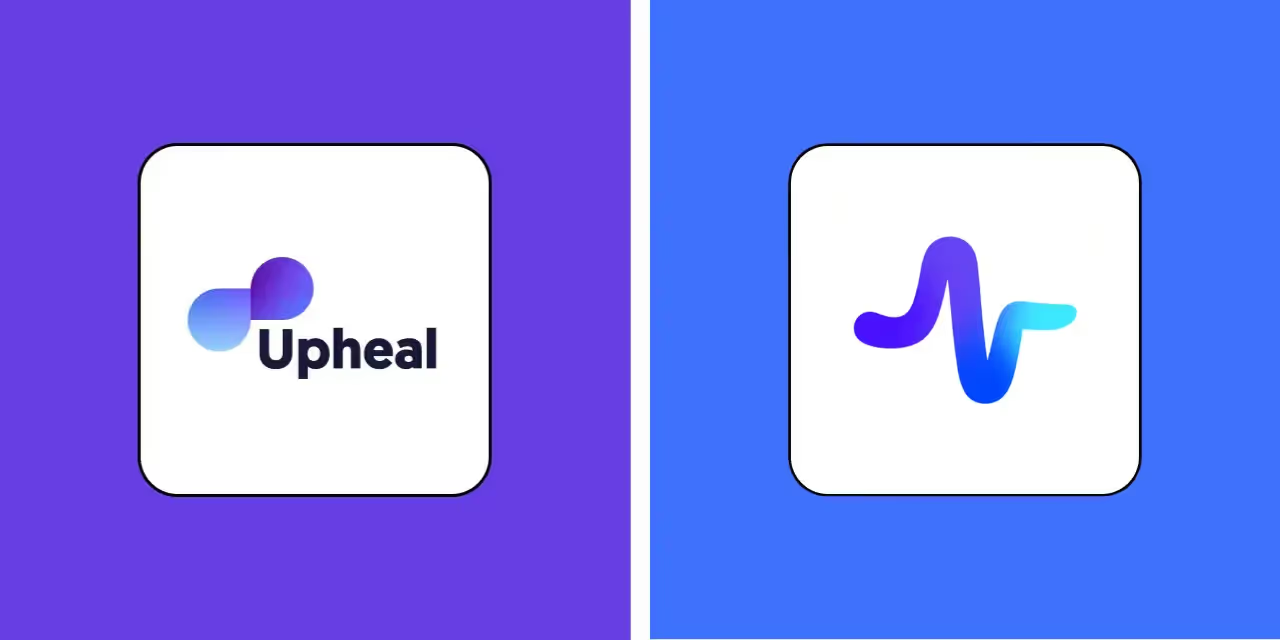Upheal vs Heidi: Which AI documentation tool serves mental health professionals better?
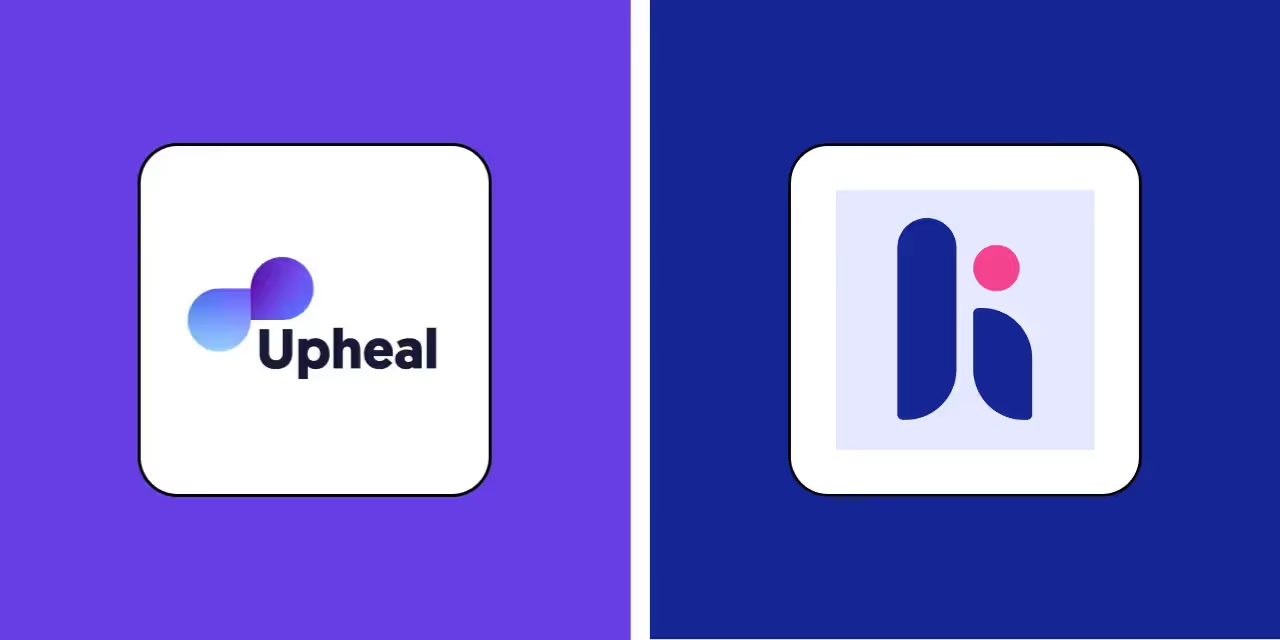
The landscape of AI-powered clinical documentation has evolved rapidly, offering mental health professionals unprecedented opportunities to streamline their workflow. Yet choosing between platforms requires understanding fundamental differences in approach, specialization, and professional values.
Heidi positions itself as a comprehensive medical scribe serving all healthcare specialties, from primary care to mental health.
Upheal was purpose-built specifically for behavioral health practitioners, with deep understanding of therapeutic dynamics and clinical workflows.
These different origins shape everything from pricing accessibility to privacy handling and clinical insights. It’s why Heidi, on their website, refers to their therapist customers as "shrinks that think." And why Upheal is the highest-rated by therapists.
Privacy and security
The most critical distinction between these platforms lies in their fundamental approach to client data protection and therapeutic consent — areas where behavioral health professionals rightfully demand the highest standards.
Feature comparison
While both platforms handle AI note generation effectively, their feature sets reveal different philosophies about what mental health professionals need from documentation technology.
Case management and the Golden thread
Heidi is adept at managing documentation on a by-the-session basis. Their interface focuses primarily on each session independent of the other. While they have an option to keep a “context” notepad for each session, they do not offer a client- or case-level view.
Upheal's Golden Thread feature represents a fundamental reimagining of treatment planning that creates a client-centered narrative integrating all components of care. This system links interventions directly to treatment goals, tracks progress over time, and ensures that every session builds meaningfully toward therapeutic outcomes.
The Golden Thread doesn't just document what happened in session — it weaves together the story of therapeutic change, making it easier to demonstrate progress to clients, supervisors, and insurance providers. This level of integration between treatment planning and session documentation is unavailable in general medical scribes like Heidi.
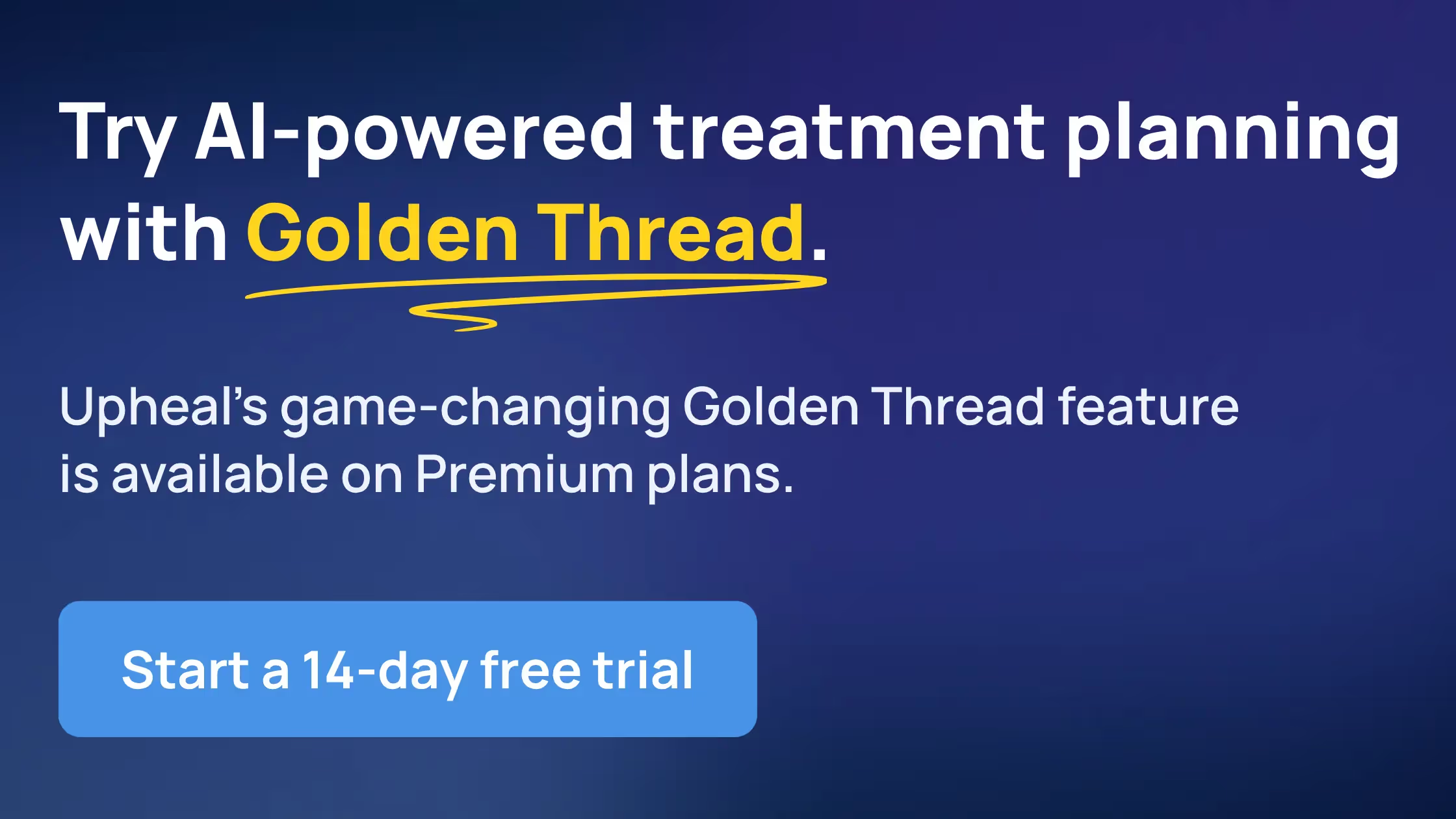
Advanced analytics for therapeutic growth
Upheal provides therapists with detailed insights into client interactions, session patterns, and therapeutic dynamics. These analytics include talk-to-listen ratios, emotional tone tracking, and identification of key therapeutic moments that contribute to client progress.
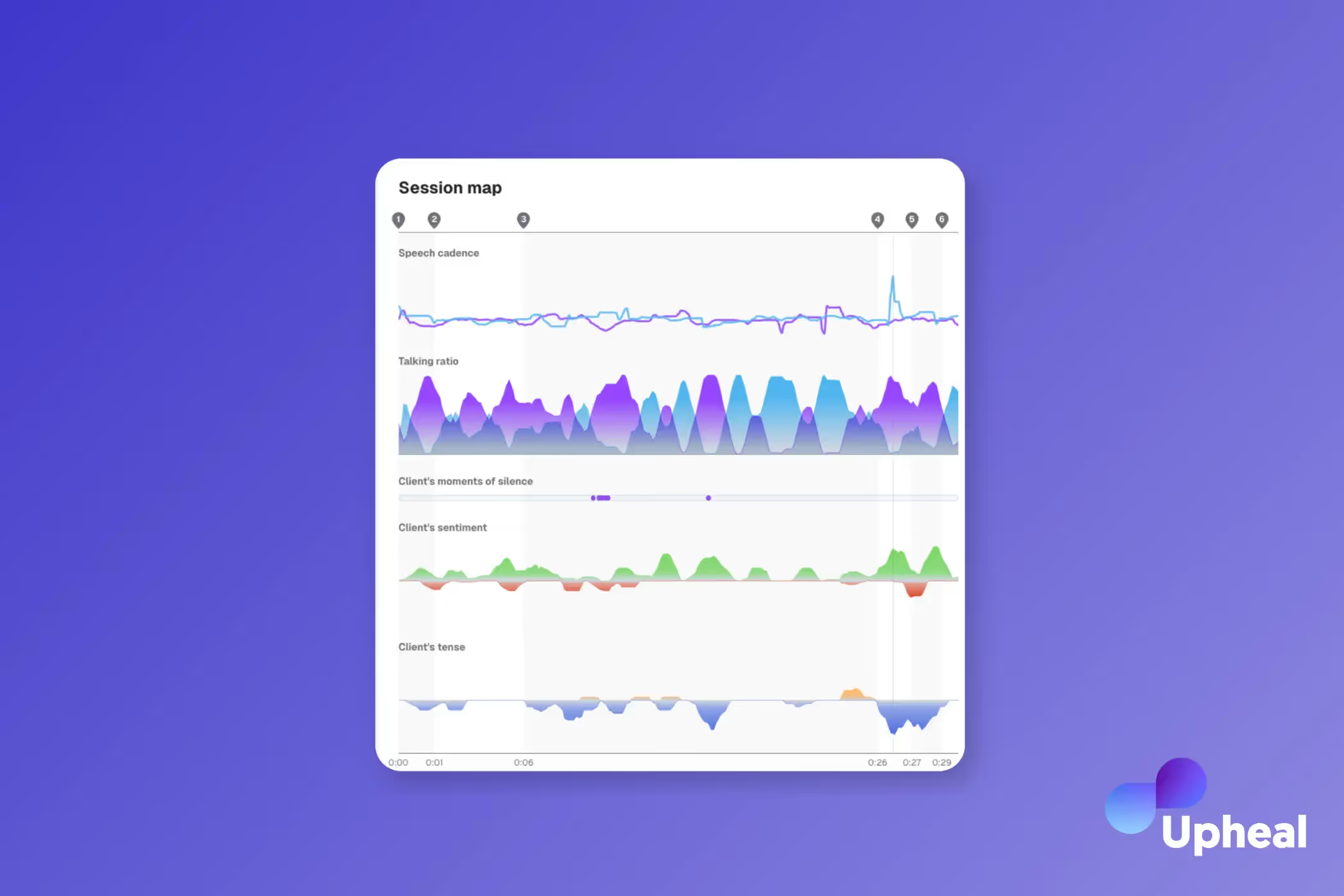
These insights aren't merely interesting data points — they become an integral part of the clinical conversation therapists have with clients and in supervision. Heidi's focus on multi-specialty documentation means it lacks these deeper analytical capabilities that support professional development and clinical excellence.
What therapists say about these platforms
The therapeutic community's response to these platforms reveals telling insights about what practitioners truly value when balancing efficiency with clinical depth.
Technical reliability emerges as a fundamental concern, with some therapists reporting significant frustration with Heidi's consistency:
"When [Heidi] works, it works well but when it doesn't, it causes excessive catch up work. It also takes a long time to generate a note so I have to stand around waiting for it sometimes for several minutes when I'd prefer to just get started with the next client/patient."
Verified Reviewer
Interface complexity also surfaces as a barrier to efficient workflow integration:
"I've had a few frustrations with Heidi, particularly with the occasional clunky text or errors in the notes. I also found the interface a bit overwhelming at times, especially when trying to use it on mobile or tablet. While it's a great tool, I've been exploring other options to see if I can find something that's even more intuitive and flexible."
Conversely, therapists consistently highlight Upheal's value proposition and behavioral health specialization:
"I feel that the rates are more reasonable than other services and that what Upheal offers is a great value!"
Lark Lovejoy, LPC
The depth of clinical understanding resonates with mental health professionals seeking tools that enhance rather than complicate their therapeutic work. When platforms understand therapy as deeply as practitioners do, the result is not just faster documentation — but better clinical care.
Choosing the right platform for your practice
Both Upheal and Heidi offer legitimate solutions for AI-powered clinical documentation, but they serve fundamentally different practice contexts and professional priorities.
Heidi excels for large healthcare organizations or integrated medical systems that need consistent documentation across multiple specialties. Its comprehensive approach to medical documentation and team collaboration features make it valuable for hospital settings where therapists work alongside physicians, nurses, and other medical professionals using unified documentation platforms.
For individual therapists and mental health practices, however, Upheal offers superior value across every dimension that matters most to behavioral health professionals. Upheal is more specialized with deep understanding of therapeutic workflows and dynamics. It's more accessible with unlimited free notes and premium features at a fraction of Heidi's cost. It's more secure with explicit consent requirements and therapeutic-specific privacy protections.
The platform's commitment to behavioral health specialization, accessible pricing, and transparent privacy practices creates a foundation for ethical AI adoption that serves both immediate efficiency needs and long-term professional values.
Consider your practice context carefully. If you're working within a large medical system that requires standardized documentation across specialties, Heidi's comprehensive approach may align with institutional requirements. If you prioritize behavioral health specialization, cost accessibility, and privacy transparency, Upheal's purpose-built approach offers compelling advantages.
The fundamental choice often comes down to this: Do you want a generalized medical scribe that includes mental health, or AI documentation designed specifically for the unique needs of therapeutic practice?
For most mental health professionals, Upheal's combination of behavioral health expertise, accessible pricing, and ethical data handling creates the foundation for documentation that genuinely serves both clinical excellence and professional values.


